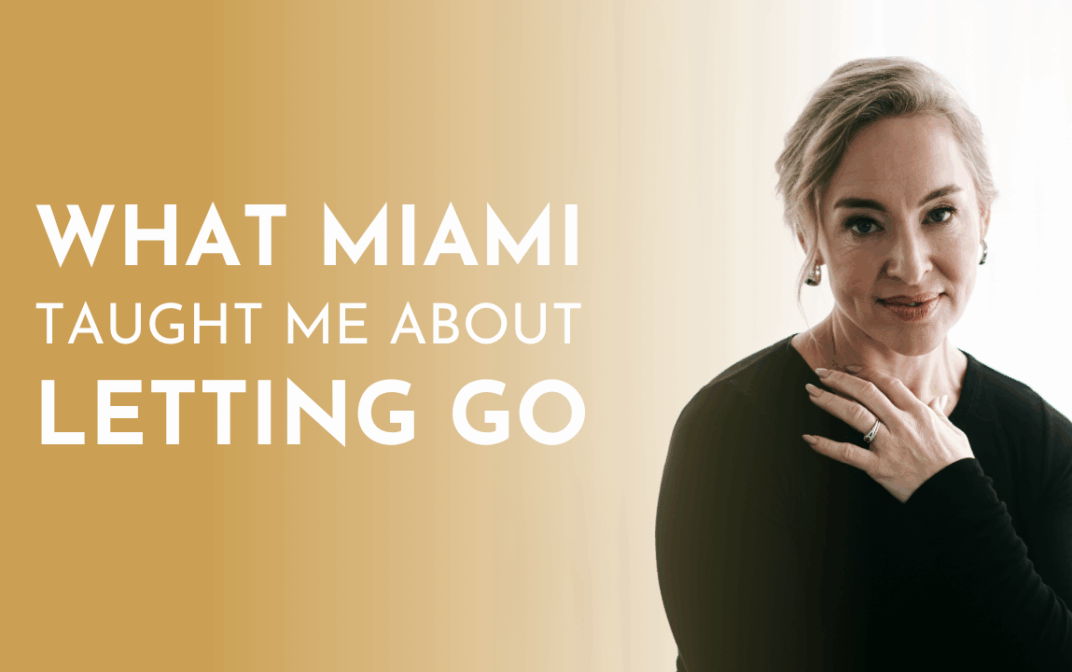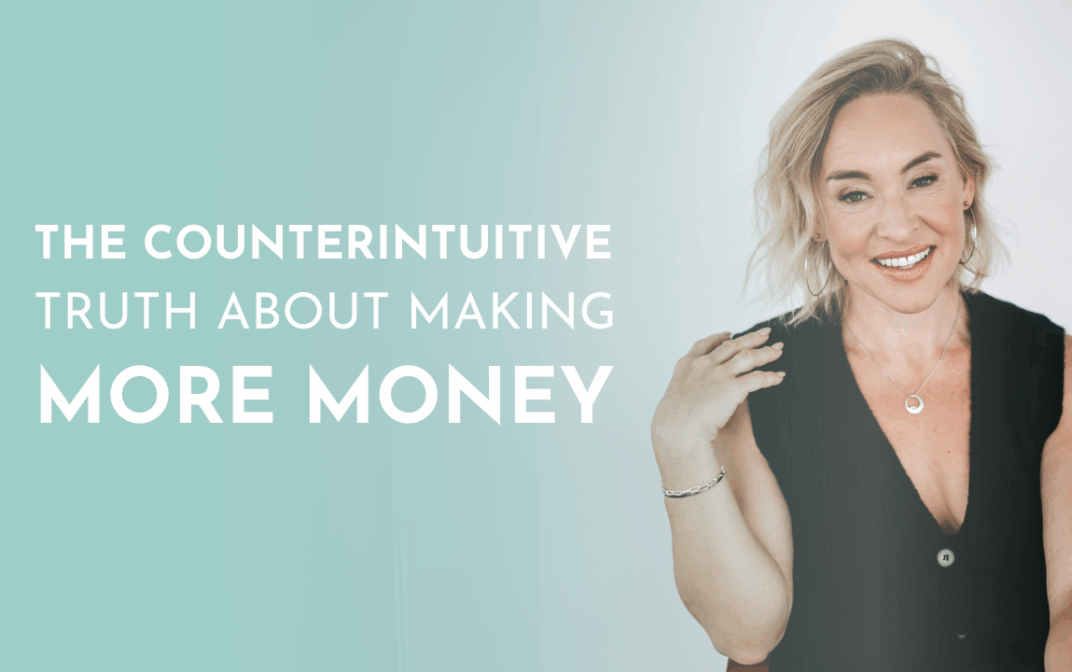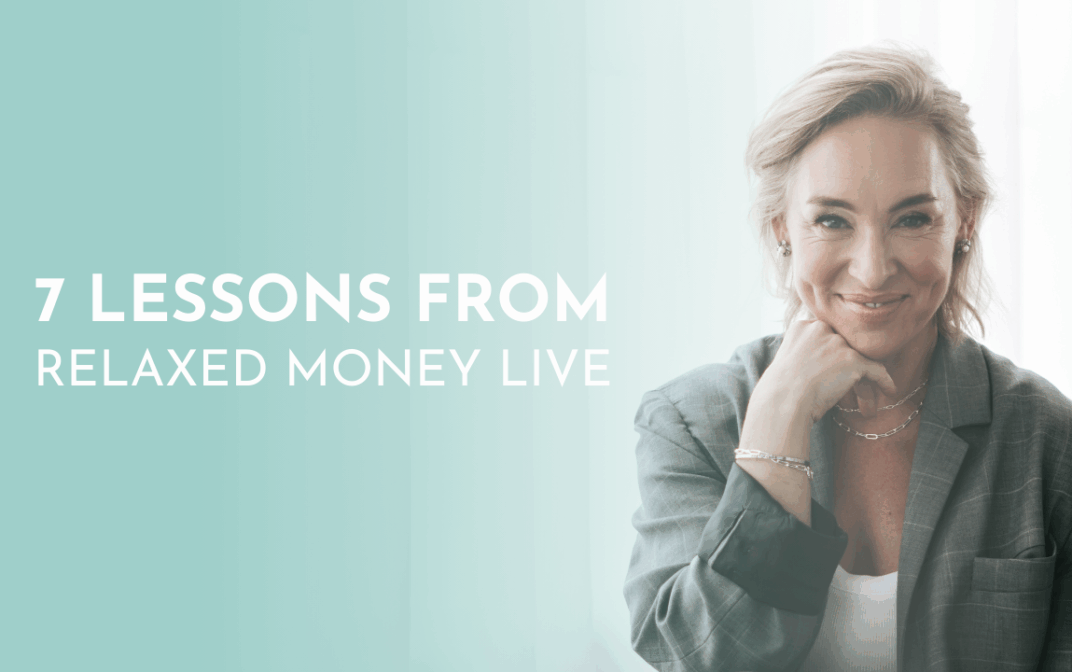Apparently, this summer what I needed—what my soul was longing for way more than a month of relaxation and introspection—was a lesson in taking a stand and telling the truth. (Necessary digression: It turns out when you name your blog “AuthentiKate,” the universe conspires to give you all sorts of lovely lessons and opportunities to not just walk the walk, but to strut the strut with a full-on swagger when it comes to telling it like it is. And at times, like during the month of August on my “vacation,” I sometimes wished I had named my blog “Fakin’ Kate” or something equally ripe with opportunities to sugarcoat the truth or wield smoke and mirrors. Sometimes the truth just sucks. It’s certainly not the easy path. Nope. It’s the mossy one that’s overgrown with vines, the one that’s poorly lit, muddy, and echoing with the screeches and moans of unidentified animals. It’s the scarier one. But it’s apparently the one that I’ve chosen.)
As much as I want to go into gory details of the many situations that transpired this month that squeezed me so hard I felt I had the choice to either tell the truth and take a stand for myself or suffocate, I will abstain for the following reasons: 1. I fear that illustrating the stories outright will add to my emotional charge around them. 2. I’d prefer to use vagueness to protect the anonymity of those involved. 3. As much as I talk about how the more specific we can be, the more universal and relatable our truth becomes, this is a time when I don’t think the details really matter.
Instead of composing what had the distinct possibility of becoming an overly emotional and somewhat unprocessed written diarrhea of the summer’s challenges, I’m going to try a different route and just stick with the lessons. Here are my Seven Truths About the Truth:
1. The time is now. There is no right time or place for the truth. The perfect time for telling it like it is always lies in the present moment, reporting live from how you feel right now. Telling the truth in real time, rather than 24 or 48 hours later when you’ve had time to stew, marinate, and create a slow-cooked, falling-off-the-bones, tender roast of your version of the truth, simply makes more sense. Emotions, reality, perspectives, and sensations are so transient that, in a way, the only time the truth is relevant is right now. Just as the longer you go without taking out the garbage, the more it stinks, the longer you wait to tell the truth, the harder it becomes and the more rank it becomes from an energetic, emotional-charge perspective. Tell it now while it’s only vaguely odorous.
2. The truth stands alone. The point of telling the truth is not to change someone’s behavior or get a desired outcome. The value of telling the truth is in owning your power, owning your perspective, and validating your experience through words. Taking a stand for oneself by telling the truth is worth it as an act of self-love and saying, “Hey! I’m here. I matter,” even if you’re the only person who hears it. The truth is not about changing someone else; it’s about honoring yourself. Just because someone doesn’t receive your truth with an open heart and an open mind doesn’t mean it wasn’t worth telling and doesn’t invalidate it. The value in your truth doesn’t come from how it lands (though there are certainly ways of telling it in more friendly ways than others). The value in your truth comes simply from telling it.
3. The truth changes lives. The truth brings people closer together and is life-altering. As a cowboy who was helping me train a horse in Arizona once said, “The biggest gift you can ever give another living being is your truth.” Clarity and honesty works with horses and it sure as hell works with people. Last week I sat across a blanket on the beach from someone I love and told her some things that were not easy to say and were not easy for her to hear. And both of our willingness to get incredibly uncomfortable in that moment by cracking open our hearts to let the truth out and let it in bonded us in a way that would have been impossible had I not been willing to lay it down.
4. The truth is never too late. This may seem totally in conflict with number one, but the second thing I learned about telling the truth is that it’s never too late. Based on Truth About the Truth #3, the truth—your truth—is life-changing. It’s never too late to take out smelly garbage. It’s never too late to lay it down straight.
5. Take a stand for someone else’s truth. Sometimes you must be willing to stand for someone else’s truth when they’re not able to see it or hear it for themselves. I heard my aunt Penny tell a story about climbing to Mt. Everest Base Camp at 17,600 feet with my grandmother, Edna, this past May (my granny is the oldest woman to ever successfully make that trek). Penny talked about a moment on the trek when my grandmother was really sick and wasn’t sure she could go on and all of her doubt began to come up in that insidious way that it tends to do when we’re challenged. Penny talked about standing for her mother (my grandmother) and for the truth that she was unable to see for herself in that moment: that she could make the trek if, and only if, she was willing to receive the help that was available to her. Because of Penny’s firm resolve and deep belief in Granny, she was able to accept help and made it to Mt. Everest Base Camp.
6. The truth gets fuzzy around the word “versus.” The truth is clouded by blame, competitiveness, reactivity, separation, and polarization. When we see things as right vs. wrong, you vs. me, black vs. white, and us vs. them, everything gets muddled and we can no longer see straight. I had an incredibly upsetting experience this week in which I was harshly blamed for something that someone had decided I had done based on inadequate evidence and intense reactivity. In my state of hurt, shock, and self-protection, I began to see her as perpetrator and me as victim, while I simultaneously began to beat myself up for what was, in essence, a miscommunication that we were both responsible for. When my dear friend helped me see how I was polarizing myself from this woman, the truth suddenly crystallized and I was able to see the situation for what it was: a simple case of mismanaged expectations and miscommunications. No blame. No right or wrong. Just a conversation that should have happened and never did. The relief that came from seeing the situation through the loving eyes of connection and collaboration was soul-nourishing.
7. The truth wins every time. Whether you’re writing, speaking in public, acting, or simply talking with someone one on one, the truth is the most intoxicatingly compelling material you have. No matter how genius your shtick is or how brilliant your comic timing, the truth will always be more captivating than anything pre-planned or packaged. Two weeks ago I spoke in front of 3,000 people at the USANA International Convention about social media and writing a blog and, besides a few bullet points, I didn’t plan a thing. Instead, I held the microphone, felt my feet grounded on the stage, and told the truth. I talked about my identity crisis last fall and how I had to start writing a blog in order to carve out a space where I could be me, undefined by Team Northrup or being my mother’s daughter, and people loved it. I got an overwhelmingly positive response from people in the audience. They were inspired and moved to take action and tell the truth in their own ways. And it felt great to know that rather than a well-polished speech, I had delivered content that was fresh, vibrant, and real that was emotionally moving and motivating. (Plus I got asked for my autograph for the first time, which was really trippy and totally fun – see picture to the left…that’s me in the white dress.)
The truth captivates us. We can’t take our eyes away from it. My friend Josh Pais, founder and teacher of Committed Impulse, points out that kids and animals will always upstage actors because they can’t help but tell the truth and we can’t help but be fascinated by it. Next time you’re speaking or writing, channel that dog or child, strip away the layers, and let the truth win.
I’m sure there are more than seven truths about the truth, but these are mine for now. Perhaps one day I will develop this into some sort of truth manifesto or something. But for now I’m still practicing with the truth . . . telling a little bit more each and every day. Learning how to do it with grace, love, and wisdom. Learning how to tell it in a way that changes lives . . . mine most of all.
How did you learn to tell the truth?
What are some truths about truth that you’ve discovered?
Do you have a story about telling the truth you’d be willing to share?
What’s true for you right in this very moment?






31 comments